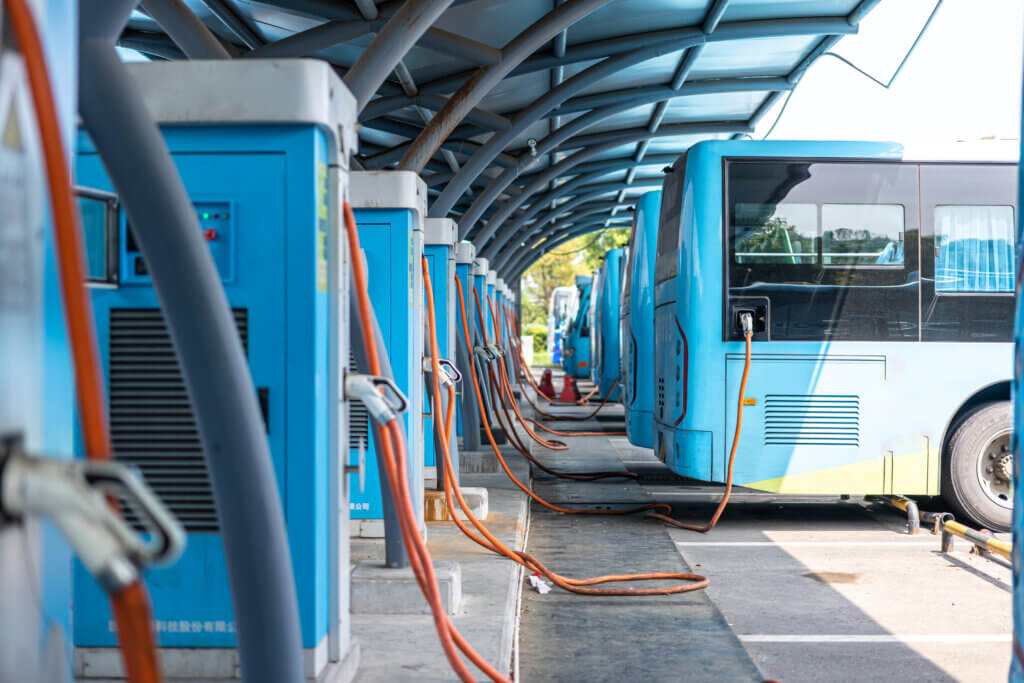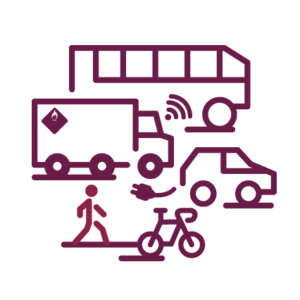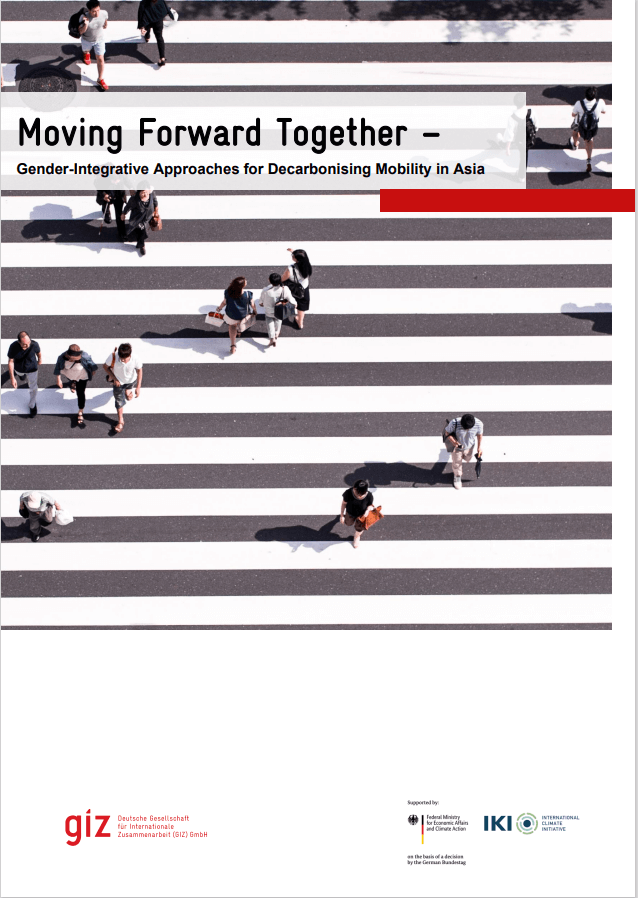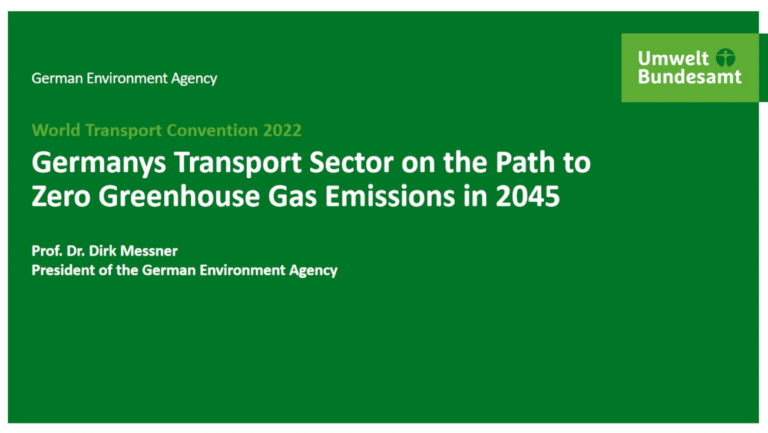The integrated and effective application of electric buses in public bus systems is an important key to making transport more climate- and environment-friendly by lowering carbon and air pollutant emissions. In recent years, the number of new energy buses has rapidly increased in China (including plug-in hybrid buses, fuel cell buses and particularly in China, battery electric buses). By the end of 2020, there were approximately 466,100 new energy buses, accounting for about 66% of the total number of buses. Out of these new energy vehicles, the total number of battery electric buses was more than 250,000, accounting for 38% of the total.
China’s promotion of new energy buses has entered a new stage, focusing on developing vehicles of high quality, rather than developing them at a high speed. China must solve a number of problems presently exposed (such as a low operating efficiency, unreasonable layout of matching facilities, and insufficient maintenance of vehicles) while also maintaining a steady increase of the number of new energy buses. The experiences and practices of the cities and bus companies which have done well in the promotion of new energy buses are of great importance, and can be used to guide the development of other cities to promote new energy buses and more broadly, for the development of the industry in China. Looking outward, as China has the largest number of new energy buses in the world, China’s experience can serve as a useful reference for other countries and their cities engaged in promotion of new energy vehicles. Germany is one of the world’s leading countries in the research of new energy vehicles therefore, in undertaking collaborative research in this field, both China and Germany will be able to give full play to their respective advantages, and share lessons learned, so as to benefit both countries.
The main purpose of this research project is to enhance the application of new energy buses in China (namely to enhance their efficiency, ensure their safety, reduce costs related to their development and use, increase energy conservation and reduce carbon, air pollutants and noise emissions) and to share China’s experiences with other countries.
The research results of this project can be used to: 1. Help Chinese bus enterprises to optimize their operations and development (including by supporting China’s bus companies to effectively select and purchase suitable vehicles, effectively plan and build charging stations and related infrastructure and optimize vehicle scheduling and routing planning; and improve the coordination between vehicle manufacturers, operators of charging stations and bus companies); 2. Help the Chinese government, especially the Ministry of Transport (MoT), to make wellinformed decisions on the promotion and application of the industry, and making related policies pertaining to new energy buses, so as to better manage and guide the bus industry, and; 3. Help other countries to learn from China’s experiences.
In terms of research methods, this research project focuses on collecting and refining an understanding of technical methods based on China’s practices, rather than just describing the present situation. In order to investigate the practices adopted by the cities which have done well in the promotion of new energy buses, an importance must be attached to understanding these through field investigations, in particular by carrying out in-depth communications with management and technical staff of bus agencies. To carry out these in-depth investigations and select the right cities and public transportation enterprises, it is important to review existing experiences and research results to have a comprehensive understanding of the present development of new energy buses in various cities in China. In order to successfully carry out this research project, the China Academy of Transportation Sciences (CATS) must make full use of existing resources, including existing data resources, existing cooperation networks with local cities, as well as harness their good relationship with the Ministry of Transport.
As a cooperative project between China and Germany, this research project shall strengthen cooperation and exchanges between the two countries to introduce China’s experience to Germany, and also introduce Germany’s research results and experiences in the application of new energy buses to China. At the same time, this project shall also strengthen exchanges with international agencies.





